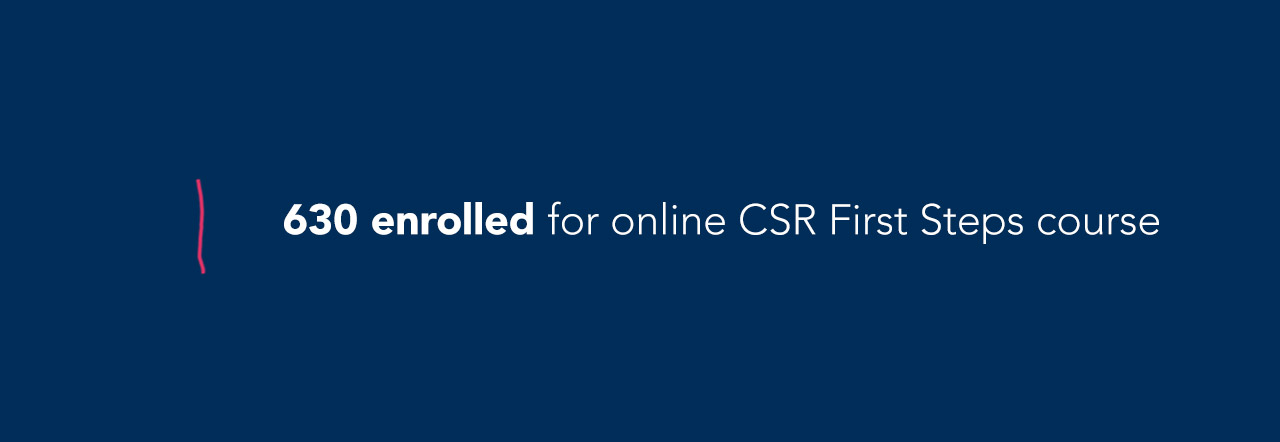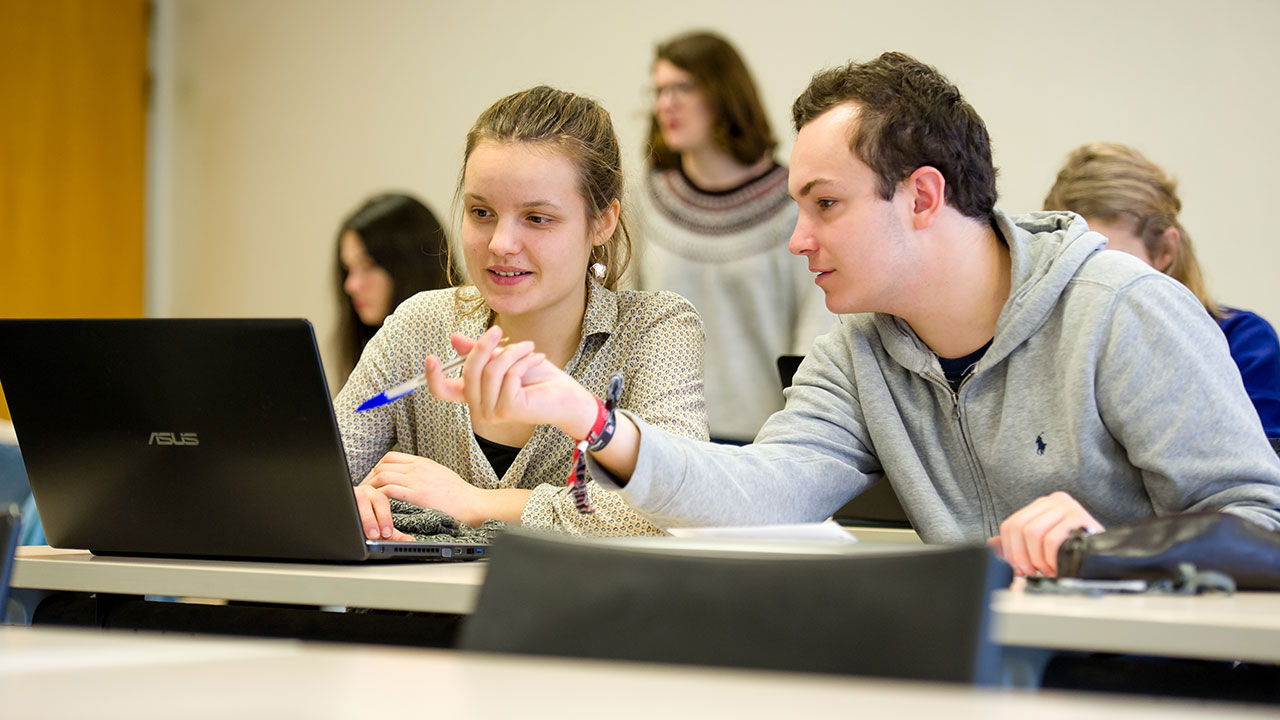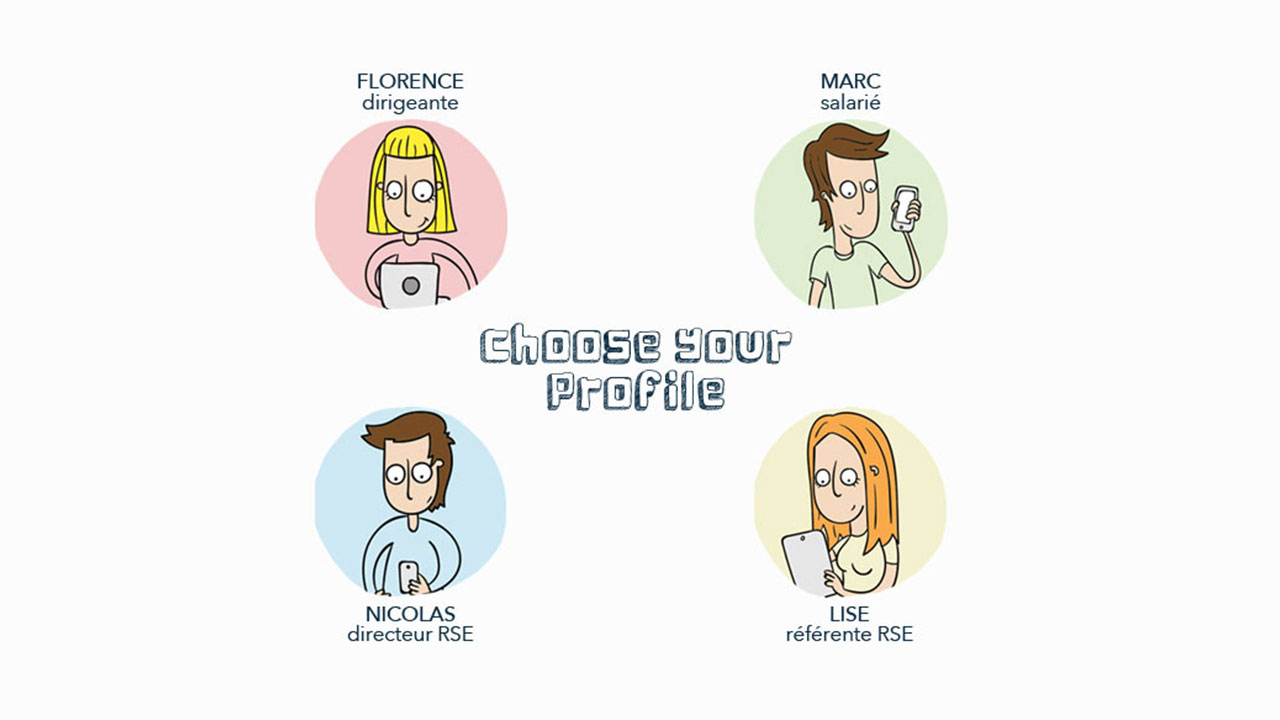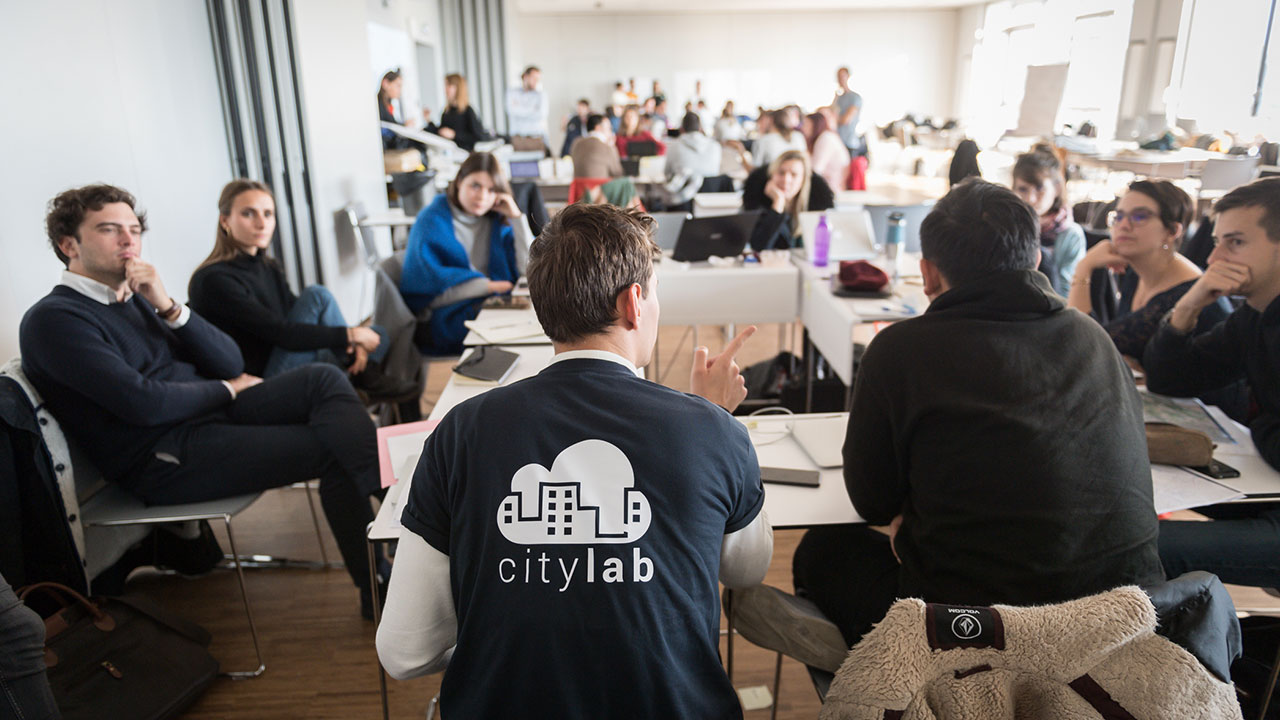![]()
Create educational frameworks, content, processes and environments that are conducive to effective responsible management learning.


2018
A new “Managing for Sustainable Impact” degree

— 2018
A new “Managing for Sustainable Impact” degree
Danone, Carrefour, Eram, Fleury Michon – lots of companies have realised the same thing: they need to change their production methods in order to protect the environment and social values and, crucially, respond to customer expectations. It is therefore of prime importance to reconcile economic, social and environmental performance and to achieve this by creating specialist in-house teams. Naturally, the teams require technical skills, and they also need to be able to work with internal and external stakeholders, adapting to them individually. This also demands specific behavioural skills: listening to others, mutual support, sharing, kindness and empathy.
New for autumn 2018: the Audencia Managing for Sustainable Impact degree programme aims to respond to these requirements, offering specific training in responsible strategy, CSR performance measurement, governance and economic model issues, CSR communications, auditing and social certification. There is also an emphasis on project management, through a consultancy project designed to identify CSR problems within a company and provide it with recommendations. Taught in English, the degree is for French-speaking and international students, offering another way of addressing cultural differences for a richer learning experience.

2018
2018: CSR First Steps

— 2018
2018: CSR First Steps
CSR First Steps is an online teaching tool that’s fun, practical and 100% free, designed by the Audencia CSR chair for getting to grips with the basic issues of Corporate Social Responsibility, whether you’re an employee, executive, manager or CSR officer. Specific individual training is offered. The five free modules are wide in scope, providing an improved understanding of CSR challenges and tools: exploring various aspects and their interest for the learner’s company; definition of CSR strategy; implementation; and, finally, communicating the approach and the results obtained.

2018
City Lab Alliance: wellbeing and health in the city

— 2018
City Lab Alliance: wellbeing and health in the city
110 students in management, engineering, and architecture from Audencia, Centrale Nantes and ensa Nantes co-hosted the Citylab Alliance learning project from 20 to 23 November. Eight entities partnered the third edition of the event, which this year looked at the theme of wellbeing and health in the city: Artelia, Gérontopôle, Humanis, Institut de Cancérologie de l’Ouest, Le Noble Age, Nantes Métropole Habitat, Réalités and Suez. The hackathon involves several phases, where everybody’s individual knowledge and skills serve a common purpose:
- Contextualisation: framing the problem that needs solving and analysing the situation that has to be overcome
- Ideation: distancing yourself from the subject temporarily through creativity, producing a large number of ideas
- Landing: bringing the ideas together, making the value proposition coherent
- Pretotyping: structuring priority functionalities
Two prizes were given, the Jury prize for Les Jardins Suspendus (Suez) and the Public prize for A 3 PA (LNA Santé).
Les Jardins Suspendus: based on the observation that 80% of the population is urban against a background of global warming, Suez asked students to find a solution for cooling down cities. Students came up with plots of modular gardens attached to a central column. The plots provide shade when suspended and a living space when on the ground.
A 3PA: based on the observation that 1 in 4 people over the age of 75 lives alone, LNA Santé asked students how health institutions could change their role in a given area. Students developed the idea of a public shopping street within an EPHAD (nursing home).
In addition to hybridising students’ skills, Citylab Alliance also advocates a mix of project participants, the aim being to boost collective intelligence. For this reason, Citylab Alliance kicked off this year with an evening event for students, partners and anyone else with an interest, to look at the concept of the friendly city, in the company of urban planner Denis Martouzet. They went on to ask experts in the Nantes area for their views on the concept of wellbeing and health in the city. This alliance initiative is known as the Nantes City Lab.

2019 Objective
A new Specialised Masters® for those wishing to play an active role in energy transition

— 2019 Objective
A new Specialised Masters® for those wishing to play an active role in energy transition
Audencia Business School, Centrale Nantes, the École Nationale Supérieure d’Architecture de Nantes (ensa) and the Nantes Atlantique School of Design are launching the Specialised Masters® Acteur Pour la Transition Énergétique (APTE, Contributing to Energy Transition) in September 2019.
The course focuses on skills hybridisation, enabling participants to give meaning to their career by developing the necessary skills for creating new business models that will boost economic performance whilst at the same time countering climate disruption.
Teaching is based around innovative interdisciplinary projects run with companies, civil society stakeholders and public authorities. The objective is to acquire and implement technical skills, bringing the various stakeholders together in pursuit of responsible economic development.
Rooted in the Nantes metropolitan area, which is already known for its commitment to environmental transition, the programme has a strong European outlook, notably including a study trip to a city leading the way in the field.
